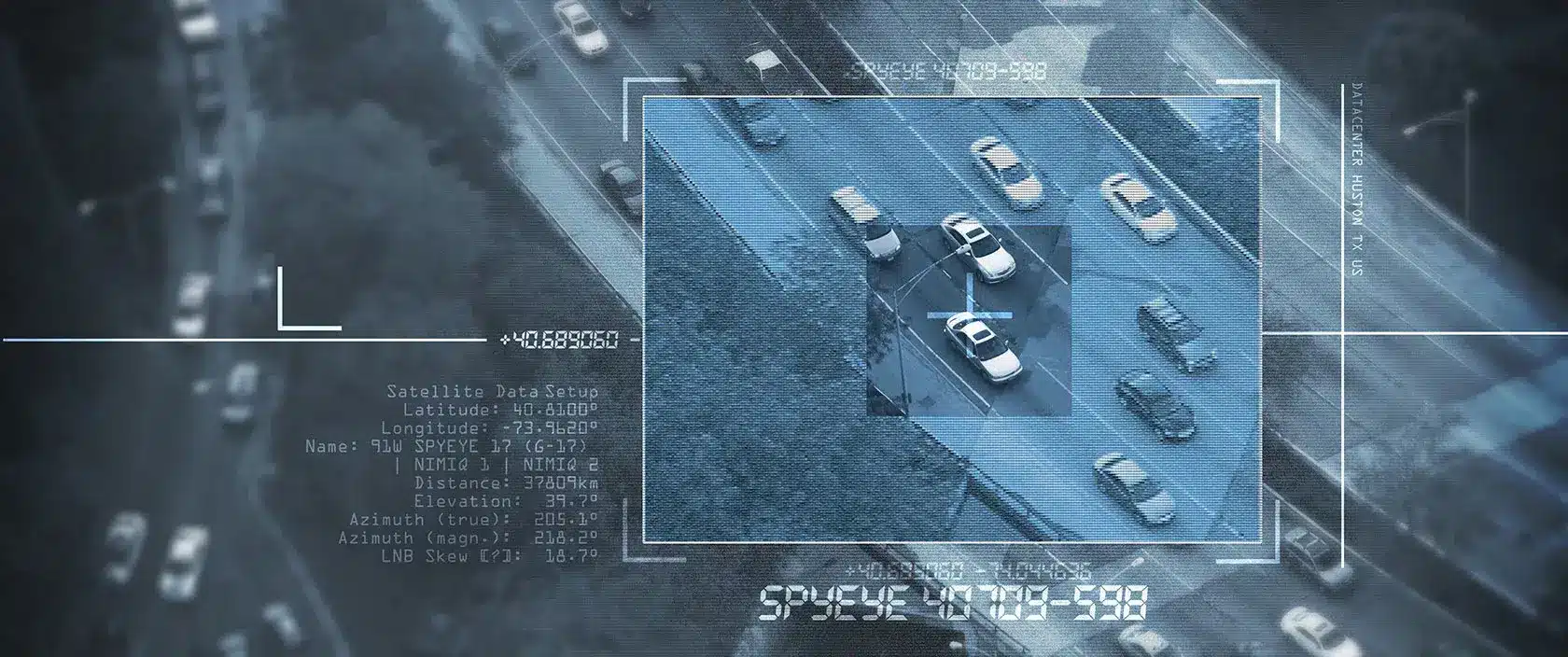The retail industry is bouncing back as customers return to the in-person shopping experience. Brick-and-mortar stores will never go away because not all customers want to shop online. Online shopping cannot replicate the experience of browsing and checking out merchandise. Browsing online can be a daunting shopping experience as online stores often have too many options.
While in-person shopping is growing again, retail centers cannot afford to rest on their laurels. They must do everything they can to win business. Right now, the supply of retail space is at near record lows as only 25% of retail space is available for lease according to Jones Lang LaSalle (JLL). In other words, demand for retail space is high while supply is limited.
“Experiential retail is theater, it’s entertainment, it’s community-building,” Retail Union Partner Larry Leon tells Bisnow. “Shopping centers are communities, and we want people to spend time there, so between the restaurants and entertainment venues, these can become very powerful.”
The Bisnow article goes on to explain that leaders have found a connection between how much someone spends and the amount of time they spend at the store. The more successful retail properties combine shopping with in-person shopping experiences and entertainment. They may have restaurants, clothing stores, entertainment, and grocery stores all in one retail center.
“This business is not for the faint of heart,” Prism Places founder and CEO Stenn Parton says. “This is an operationally intensive business where you are in it with your retail tenants every single day to ensure success. If you can do it, you can see massive rent growth and massive value creation.”
Every move matters in providing great shopping experiences that bring customers back. One way for retail centers to win is to ensure they create a safe shopping experience. With the many random shootings happening across the U.S., retail properties must prioritize security and safety.
The Need to Create Safe Shopping Experiences
The 2023 National Retail Security Survey from the National Retail Federation (NRF) confirms the requirement to invest in security. “Retail crime, violence and theft continue to impact the retail industry at unprecedented levels,” says NRF.
Unfortunately, shrink continues to climb. It’s responsible for more than $112 billion in losses. This is an increase from the previous year’s $94 billion. The survey shows organized retail crime (ORC) is a higher priority than the previous year. So is violence during a criminal act. It was not a concern five years prior to the survey. External theft and mass violence also remain priorities.
To deter loss prevention, retail properties are relying on a combination of old standbys and technology. More than half of the respondents have increased the budget for security technology and software solutions. Some retail centers have instituted workplace violence training as it’s a big concern.
Measures for Creating Safe Shopping Experiences
The NRF survey asked participants to share the emerging technologies they’re researching, planning, or implementing. More than one-third state they’re looking at artificial-based ecommerce fraud detection analytics. Also, over one-third are exploring body-worn cameras for retail or loss prevention employees.
Almost half of the respondents say they’ve added, will add, or are researching mobile surveillance units in the parking lot. Another emerging technology is the use of radio-frequency identification (RFID) for inventory.
Here are the top five security measures and solutions retail property owners believe are “most successful in mitigating external losses.”
- CCTV and video systems
- Locking cases, lock boxes, and cages
- Exception-based reporting systems and programs
- Loss prevention staffing
- Enhanced, upgraded, or integrated CCTV systems
It’s not surprising to learn some retail centers have locked more merchandise behind antitheft glass as The Dallas Morning News reports. The story reveals stores have locked up everyday items like body wash, diapers, detergent, ibuprofen, shampoo, socks, and $2 car fresheners.
While locking merchandise can deter theft, it also keeps shoppers from buying. Customers tell The Dallas Morning News reporter that they don’t want to spend time tracking an employee to unlock the glass case. Seeing every day and low-priced items locked can send a negative message about the shopping experience. Customers claim they don’t feel at ease when discovering more locked merchandise.
How Proactive Retail Security Helps Create Safe Shopping Experiences
What’s the difference between reactive and proactive retail security? Traditional reactive security means the crime may not be caught until long after it’s happened. One example of this is standalone security cameras. No one monitors the cameras. The only way to know if something goes wrong is to see the after-effects of the crime.
In some cases, the retail center won’t notice the crime until doing inventory and spotting missing items. With more brazen thieves and organized retail crime gangs committing crimes, they’re not deterred by the sight of cameras.
Proactive retail security, on the flip side, allows retail properties to act before a crime occurs. It uses a combination of artificial intelligence, machine learning, and trained monitoring operators to catch a potential crime. Advanced technology contains many programmed scenarios. It constantly scans all the cameras to look for a match between what it sees and its programmed scenarios.
Here’s a simple example. A retail center closes at 10 pm. The last employee may not leave until midnight. Artificial intelligence identifies a human who appears on the property. They may be walking in the parking lot or outside the perimeter toward the building. At this point, artificial intelligence notifies the human monitoring operator.
Unlike artificial intelligence, the monitoring operator can distinguish between an intruder and a late-night employee. When they determine it’s not an employee, they can issue a warning to the suspect over a speaker from their location away from the retail center.
If the intruders don’t hear or heed the verbal warning, then the monitoring operator can call the police while tracking the suspects’ movements. The operator can remain in contact with the dispatcher until the police show up at the retail store and locate the suspects.
The advantage of this is their lives are never at risk. Unlike security guards, there’s no liability risk with monitoring operators. Besides, many security guards aren’t allowed to carry a gun. They don’t always respond safely to the situation because their lives are at risk. They don’t get the same training as police officers. Some don’t get any training at all.
While it sounds logical to have a body on the retail site, a guard cannot see the entire property inside and outside at the same time. Bold crooks have been carrying weapons and doing what needs to be done to accomplish their goals.
A trained monitoring operator working with technology can put a virtual body on the property. They can call the police right away. People on-site may not be able to do that. All camera footage can be captured and saved as recordings. These can be used to solve crimes, help with insurance investigations, process improvement, and employee training.
Safer Shopping Experiences with Security Cameras and AI
Considering that organized retail crime has become more aggressive, many retailers tell their personnel to stay away from a crime in progress. Even security guards are told this. That’s because it can lead to more danger while putting public safety and the business at a higher risk of violence.
Moreover, states are telling the police to cut back on non-emergency crimes. Savvy criminals know about this and believe there’s no chance they’ll be caught. There’s also a massive police shortage that’s causing slower response times.
Some retail centers try to offset the losses from shrink and theft by increasing prices. However, with inflation, it makes a lot of the products unaffordable for customers. The right proactive security of video surveillance with artificial intelligence can help protect the business and get a fast return on investment.
If the police have a shortage and respond to crime (if at all), then how does video surveillance with artificial intelligence help? It does in several ways. For one, there is video footage of everything that happens in and around the retail center. Any time someone gets away, the security team can quickly pull the video clips and send them to the police.
Additionally, companies like Stealth Monitoring have built relationships with police departments across North America. When they receive a call from Stealth, they know a real crime is in progress because there is video verification. The monitoring operator can keep dispatchers informed of the intruder’s activities. This helps with the safety of the police officers.
Retail properties rely on security cameras to help them identify safety hazards and improvements. Staying on top of safety risks along with the video recordings can help protect the property from liability issues. Because of this, it may be possible to lower your insurance premiums. Insurers view this as the retail center reducing their risk.
The key thing is to work with a security company with experience in retail properties. They understand the challenges and help close any security gaps.
In recent years, video surveillance technology has come far. It’s more affordable and more effective thanks to artificial intelligence and remote monitoring. Most importantly, it’s a proactive security solution. To learn more about retail security, check out these videos of deterred crimes in retail centers.
- Early morning break-in into shopping center
- Smash-and-grab interrupted at shopping center
- Proactive security deters trespasser
- Suspicious activity near shopping center dumpster
If you’d like to learn more, pick up this complete guide to security at a retail center or contact us.
Texas Private Security License Number: B14187
California Alarm Operator License Number: ACO7876
Florida Alarm System Contractor I License Number: EF20001598
Tennessee Alarm Contracting Company License Number: 2294
Virginia Private Security Services Business License Number: 11-19499
Alabama Electronic Security License # 002116
Canada TSBC License: LEL0200704




